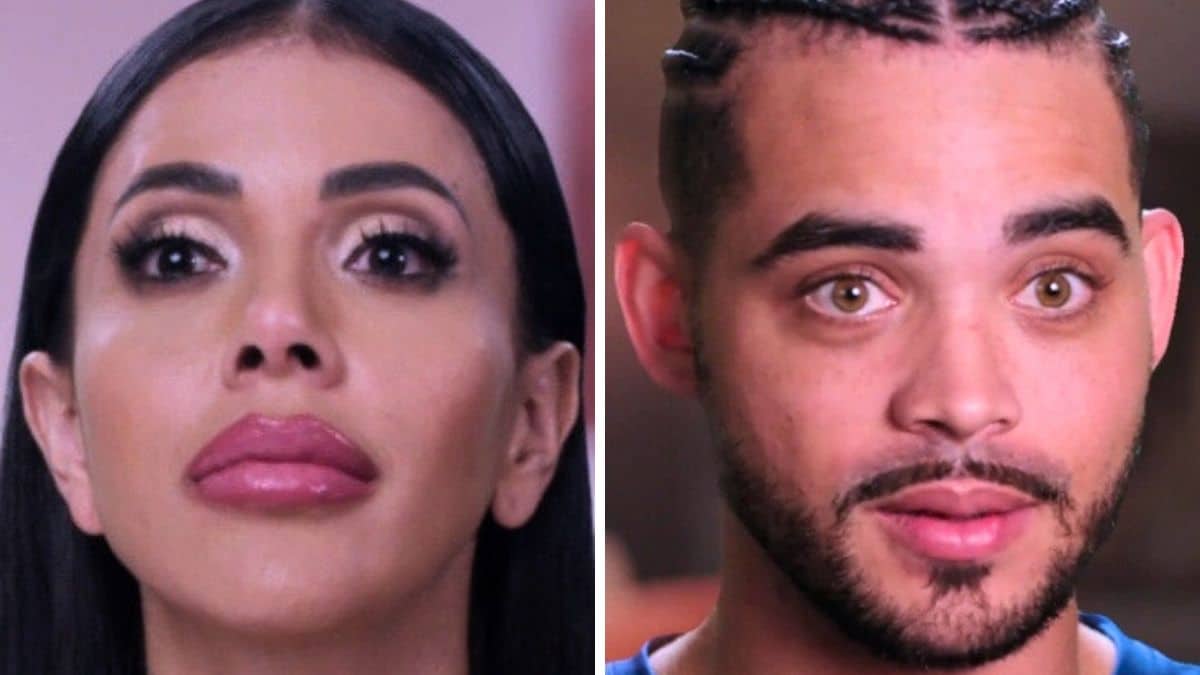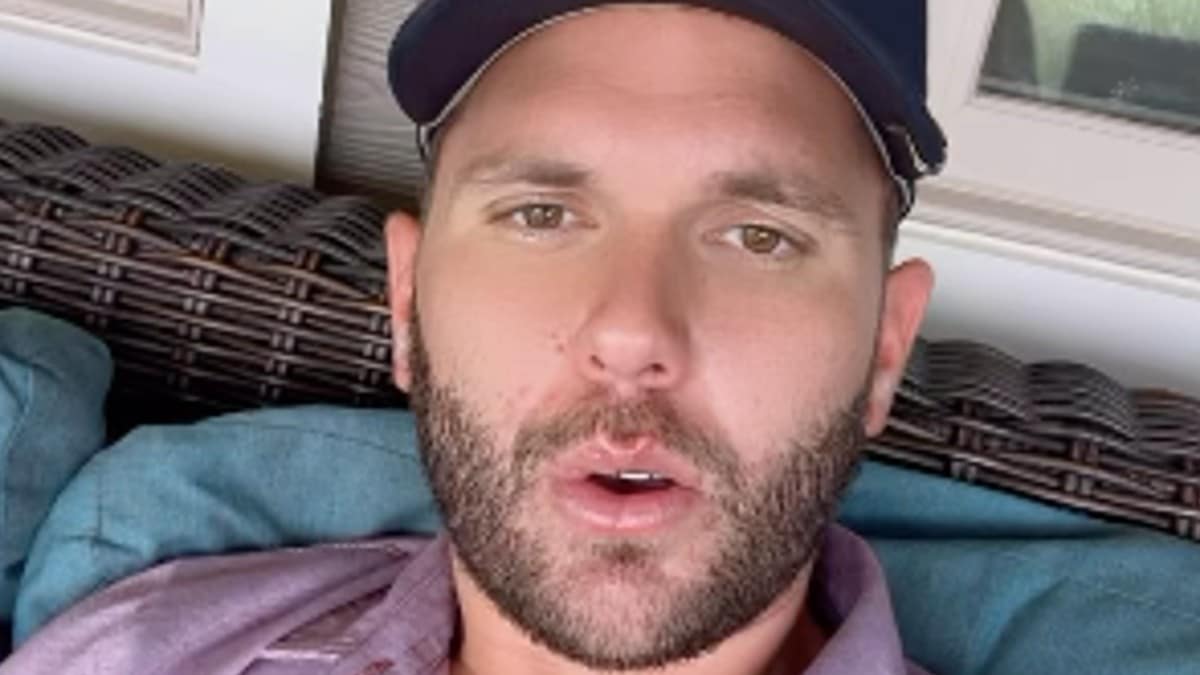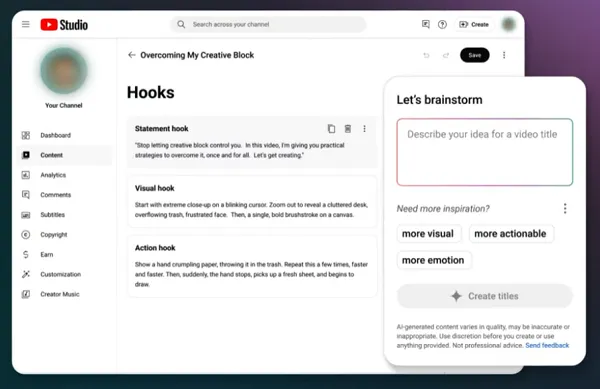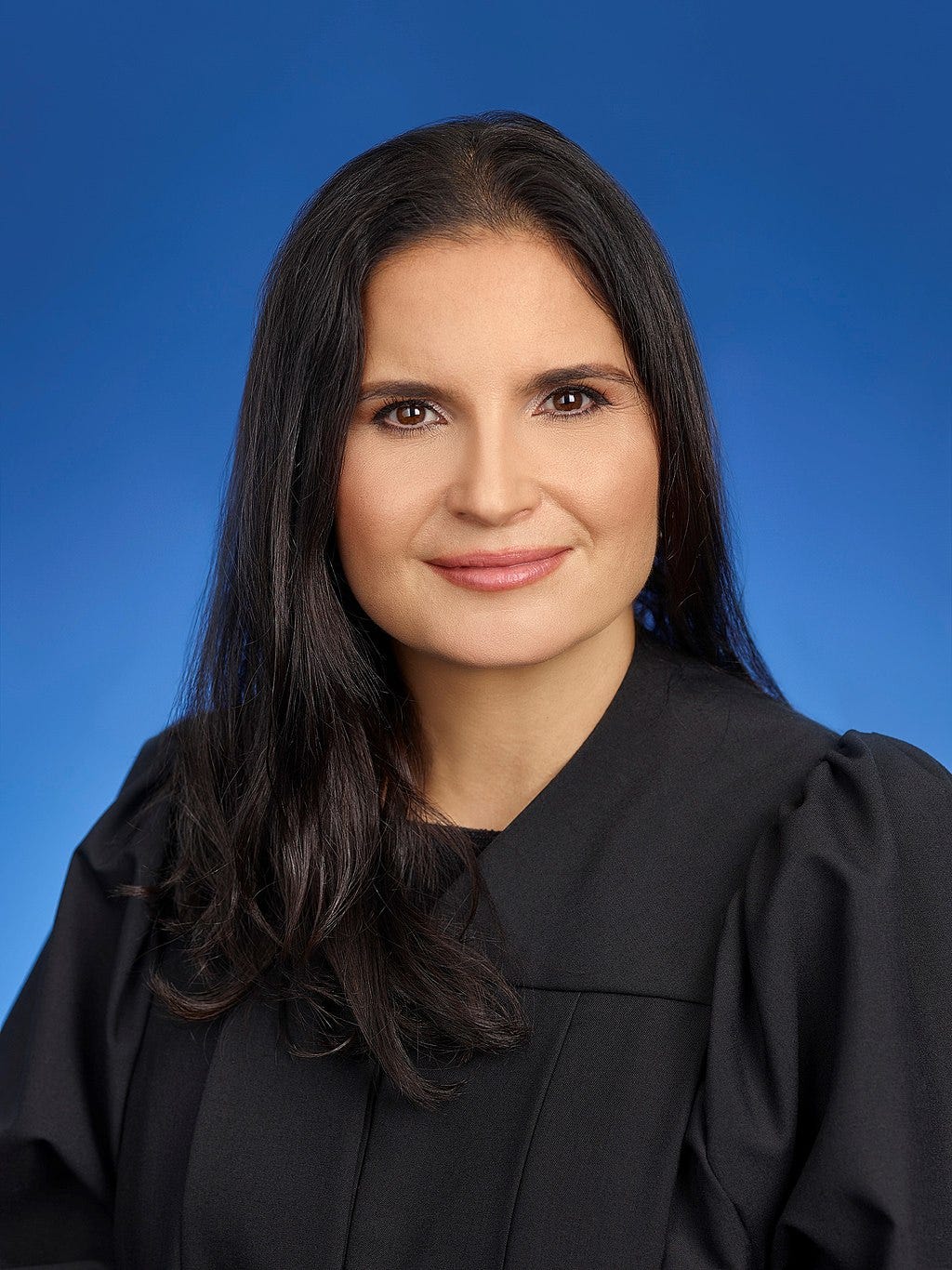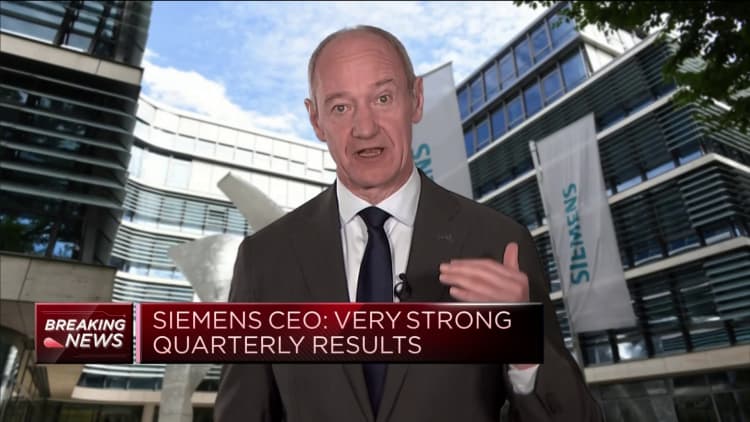Get your shocked face ready, kids, because Judge Aileen Cannon has done it again.
The infamous Florida jurist presiding over Trump’s documents case has once again refused to allow reporters to bring electronic devices into the courthouse during tomorrow’s arraignment of co-defendant Carlos De Oliveira. She’s clearly going to make it as difficult as possible to document what’s going down in her courtroom. See also: her courtroom in Fort Pierce, a convenient location for manatees, but not reporters.
In the meanwhile, we may be starting to see the outline of her strategy to torpedo this case, as she tried valiantly to do last year. As we laid out yesterday, Stanley Woodward, Jr., the lawyer for co-defendant Walt Nauta, has previously represented at least seven people interviewed by the special counsel. The government particularly flagged Woodward’s previous representation of Yuscil Taveras, the IT guy who told Nauta and De Oliveira to pound sand when they delivered Trump’s order to wipe the surveillance footage of the pool locker where Trump was storing stolen government documents. Taveras flipped about ten seconds after getting a different lawyer. But Woodward, whose clients include Dan Scavino, Kash Patel, and Trump’s secretary Margo Martin, is still representing two people identified only as Witness 1 and Witness 2.
The government requested what’s known as a Garcia hearing to ensure that Nauta and the two Witnesses understand the inherent conflicts in this situation. Trump and De Oliveira had no objection to this request, and Woodward simply asked for an opportunity to respond. But instead of merely inviting the parties to brief the issue, Judge Cannon struck the two sealed documents containing grand jury information supporting the government’s pleading and issued this bizarre order:
Waltine Nauta shall file a response to the Motion for a Garcia hearing on or before August 17, 2023. Among other topics as raised in the Motion, the response shall address the legal propriety of using an out-of-district grand jury proceeding to continue to investigate and/or to seek post-indictment hearings on matters pertinent to the instant indicted matter in this district. The Special Counsel shall respond to that discussion in a Reply in Support of the Motion [ECF No. 97], due on or before August 22, 2023. The remaining Defendants may, but are not required to, file briefs of their own related to the grand jury issue referenced herein, but any such briefs are due by August 17, 2023, and may be submitted in combined or individual fashion.
We wondered yesterday if this was some sort of attack on the legitimacy of the DC grand jury. And thanks to a tweet from Mueller veteran Andrew Weissman, we have at least a working theory.
Woodward has previously claimed that Jay Bratt, the chair of the DOJ’s Counterintelligence Division, made an inappropriate reference to Woodward’s pending application to become a judge in DC. Trump’s old lawyer Jim Trusty noped out of the documents case immediately after the indictment dropped, but he’s still carrying water for his old client, as he did Monday with Fox’s Mark Levin.
“This Department of Justice has no compunction about destroying the rule of law because of their political interest being the ones that got President Trump,” Trusty railed, pointing to Woodward’s claims, as well as unsubstantiated allegations about the Trump-appointed special counsel investigating Hunter Biden.
“Do we know where that extortion case is now, what the judges found?” Levin asked, referring to Woodward’s claims about Bratt. “It would seem to me that it’s relevant to the judge in Florida that the judge in DC come to a conclusion.”
If Trusty knows the answer to that one, he wasn’t saying. Instead he implied that the case was moved to Florida specifically to get it away from a tainted grand jury in DC.
You had a presiding judge in DC that suddenly had a case that was indicted in Florida. And I’m not saying that it was bad for the president that the case moved to Florida. But there’s a lot of shenanigans in terms of grand jury usage. You know, you don’t do a grand jury investigation for a year, only to move it to another district unless there’s more to the story. I’m concerned that some of those abusive behaviors we talked about played out in front of the grand jury in DC, and so what Florida got was a much sanitized version of what was presented over the course of a year in DC. So, again, I’m not on the case. There will be litigation, I assume, that relates to these issues of how the grand jury was used or abused, but it’s certainly new territory when DOJ shifts an investigation last minute to an entirely different venue.
This is, of course, total bullshit. The case was moved to the Southern District of Florida because that’s the venue where the crimes occurred. If prosecutors had charged it in DC, Trump and Nauta’s lawyers would be screaming their heads off about improper venue — and rightly so! Special Counsel Jack Smith followed the law and filed this case in Florida, even knowing that he faced a substantial risk of landing on Judge Aileen Cannon’s docket. And now that he’s there, he’s taking his lumps.
But if Trusty’s right, the plan here is to claim that everything thatcame out of the DC grand jury is somehow tainted, and use that as a springboard to blow up the entire prosecution in Florida. And here we have Judge Cannon striking two sealed filings with grand jury information from DC in them and inviting Nauta to challenge the propriety of evidence from the other jurisdiction. And not only that, she’s asked Trump and De Oliveira, who previously signed off on it, to weigh in as well.
It’s just a theory, but …
[US v. Trump, Docket via Court Listener]
Catch Liz Dye on Opening Arguments podcast.
If you’re shopping on Amazon anyway, using this link will give Wonkette a small cut.









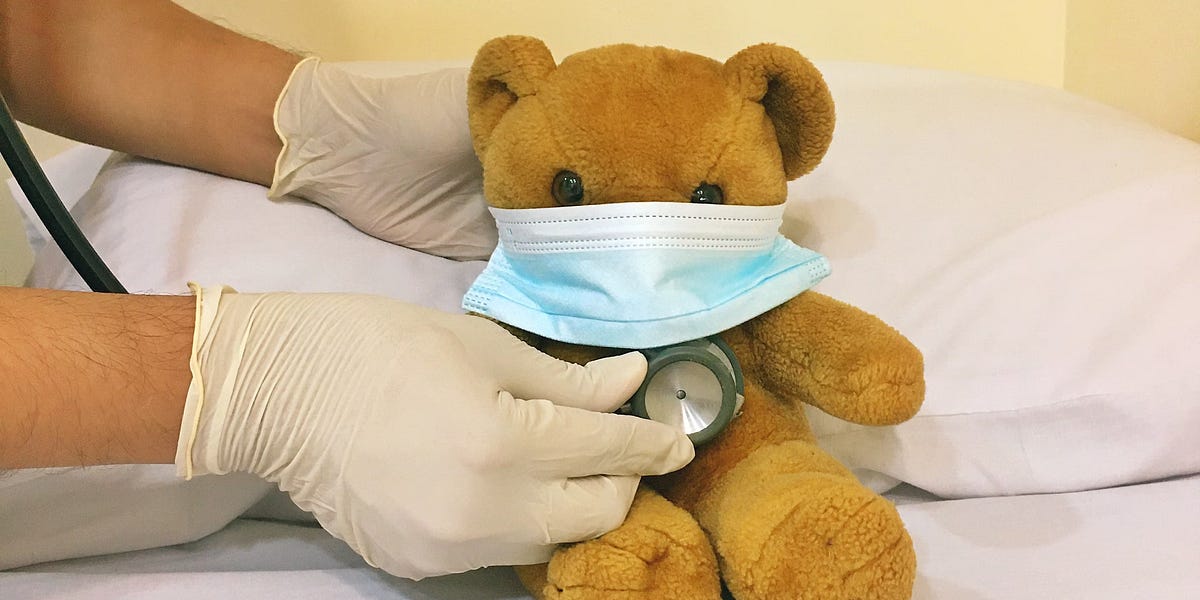


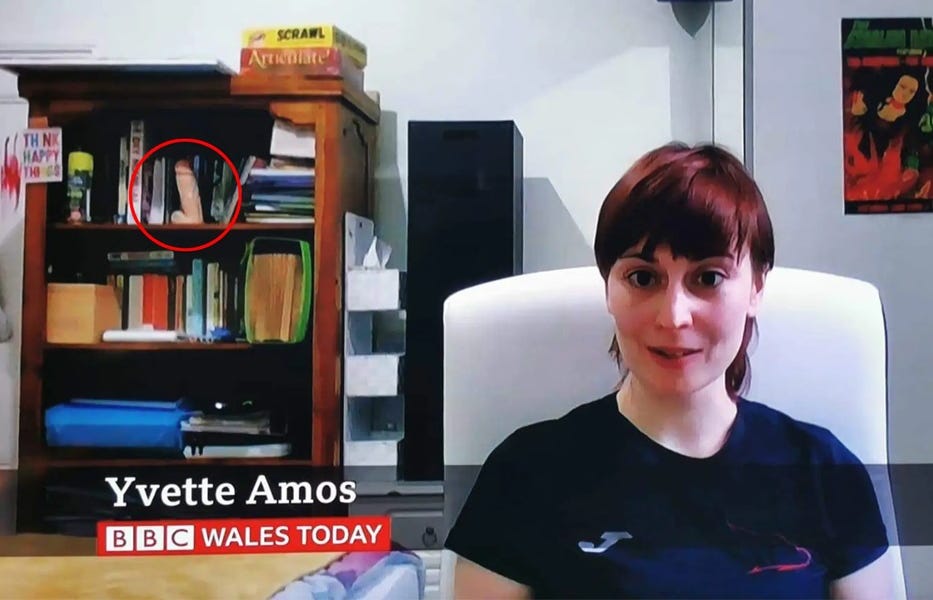









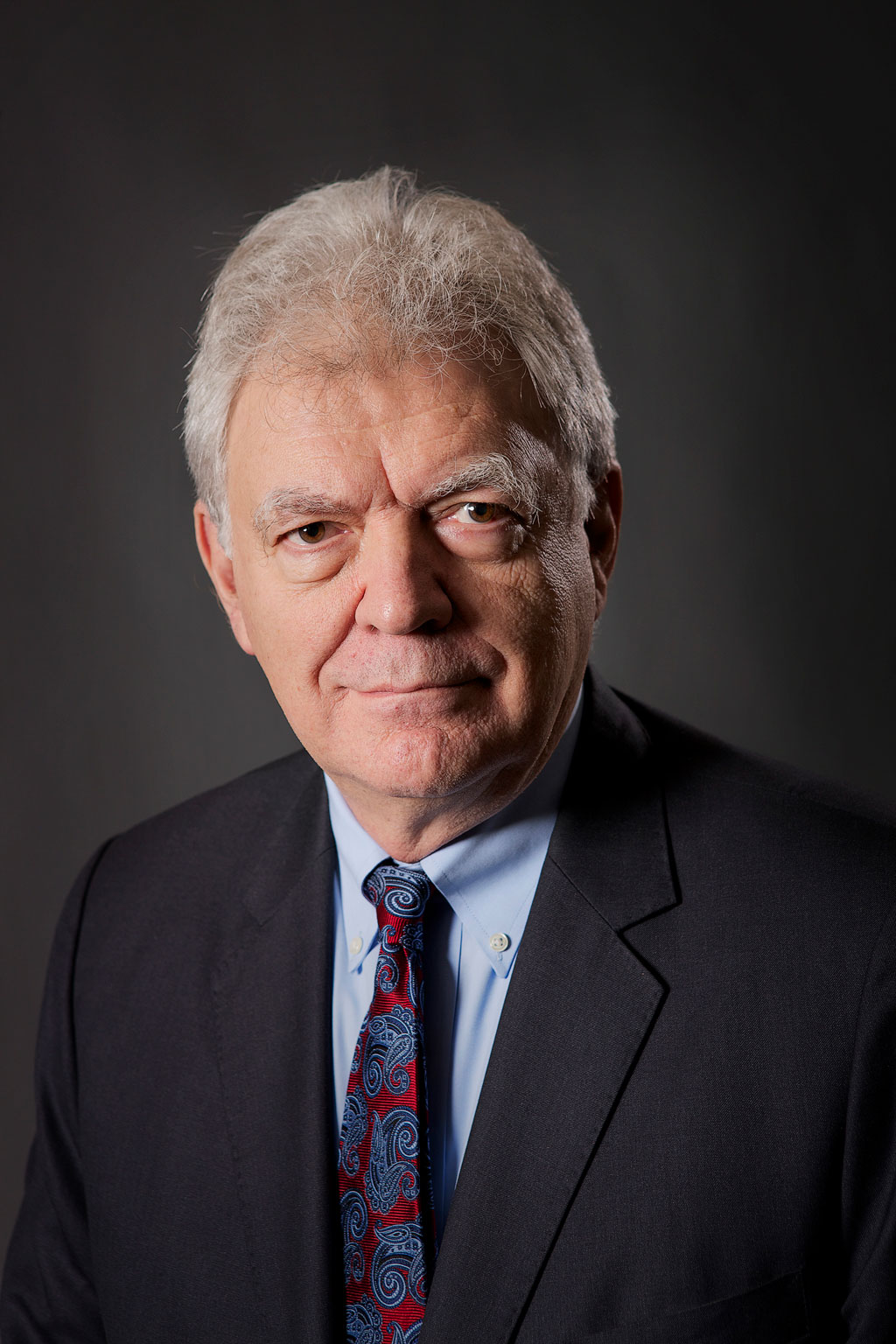


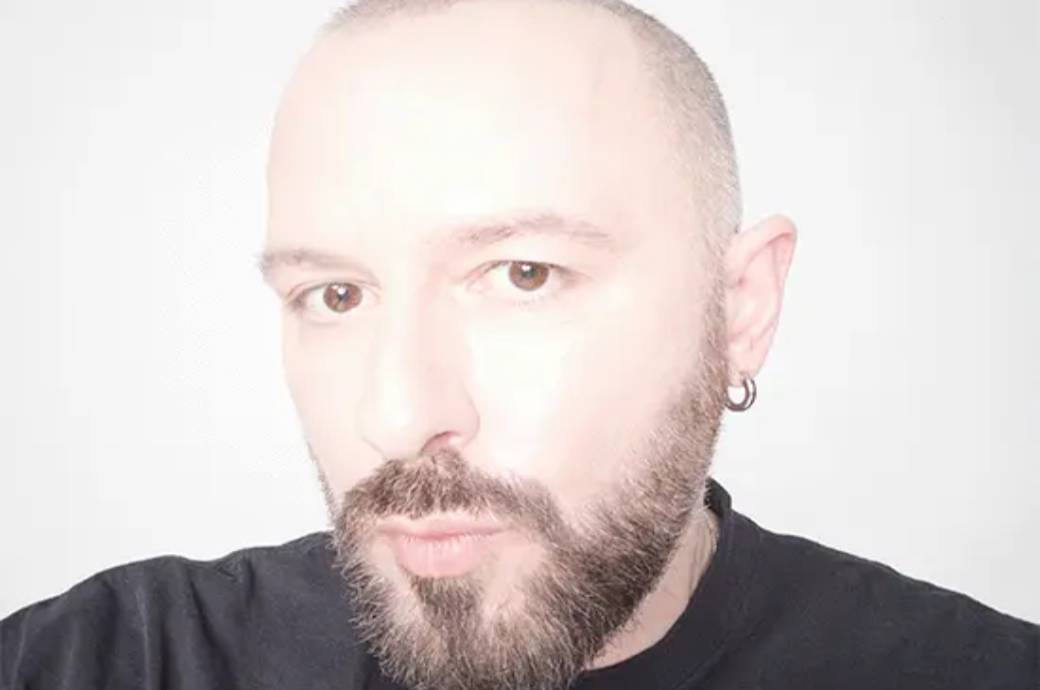



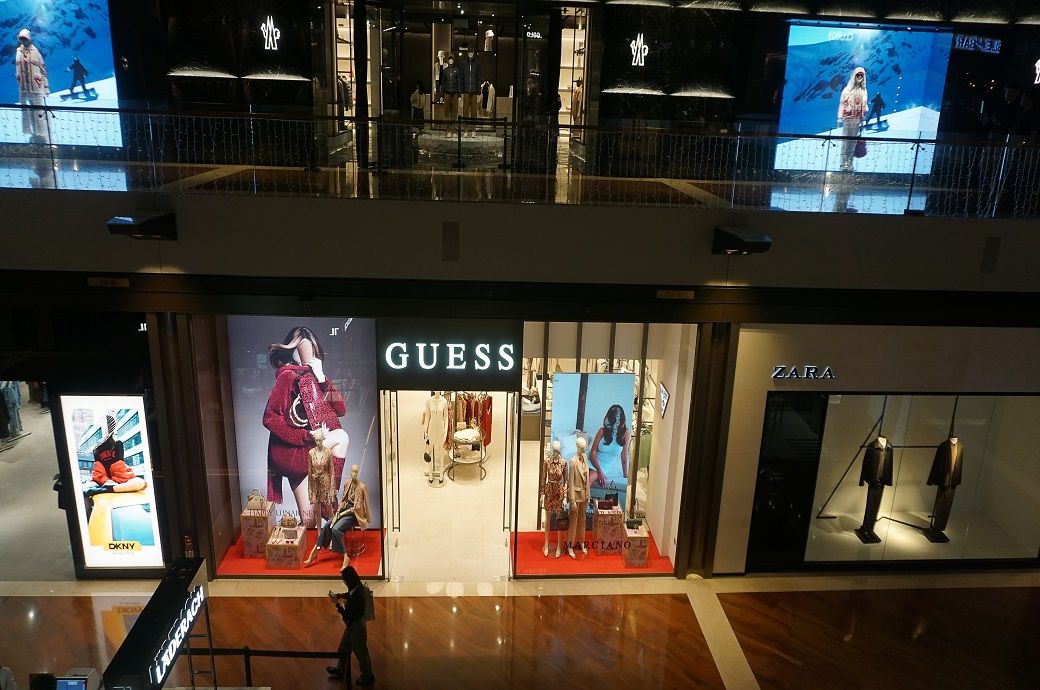
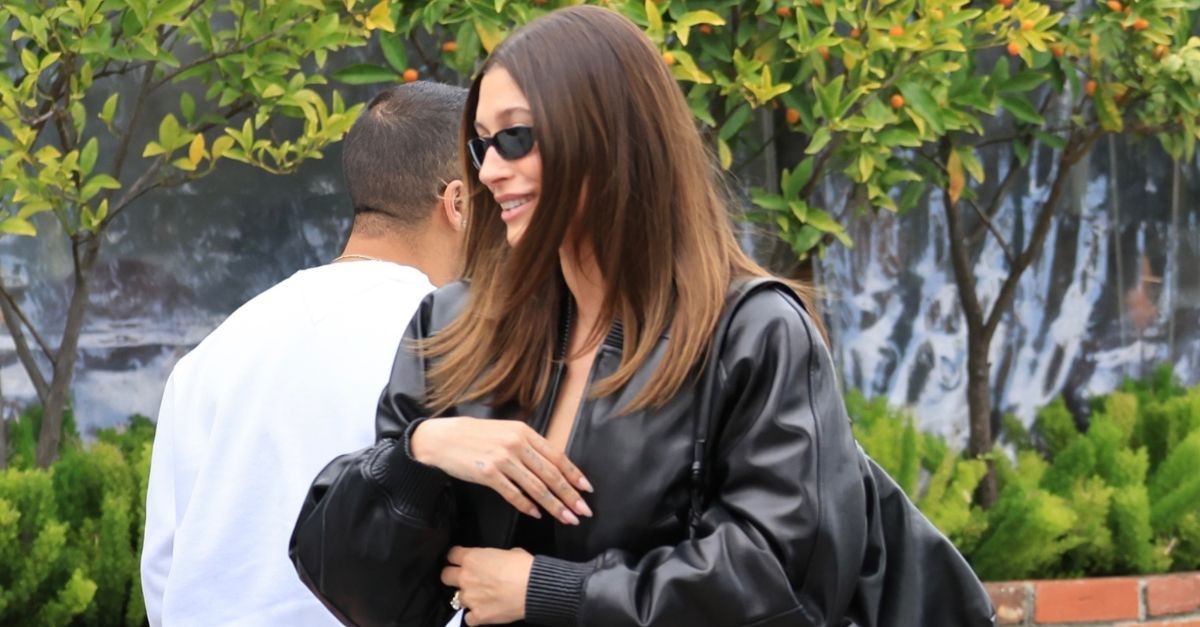









![Spider-Man Is Back in Black With the Green Goblin in New Funko Pop! Figures [Exclusive] Spider-Man Is Back in Black With the Green Goblin in New Funko Pop! Figures [Exclusive]](https://static1.colliderimages.com/wordpress/wp-content/uploads/2025/03/spider-man-the-animated-series-green-goblin.jpg)



